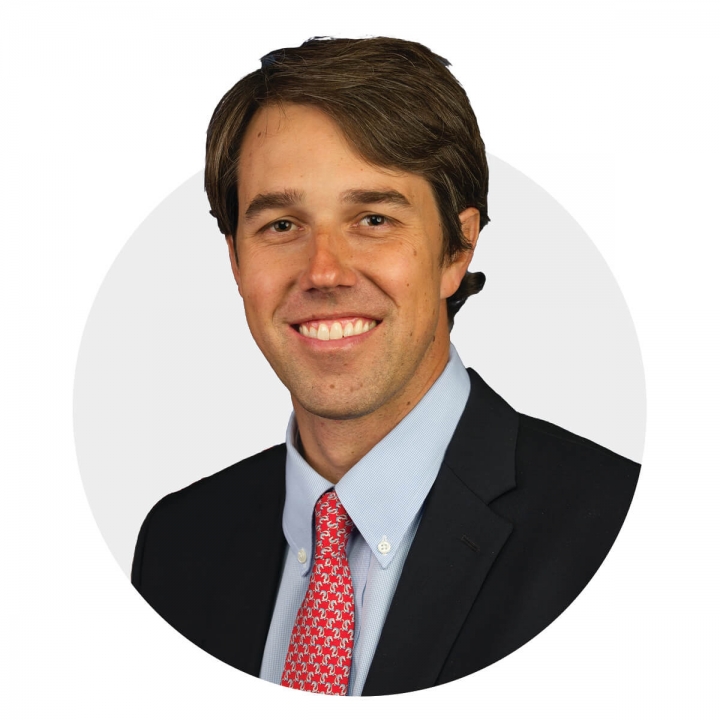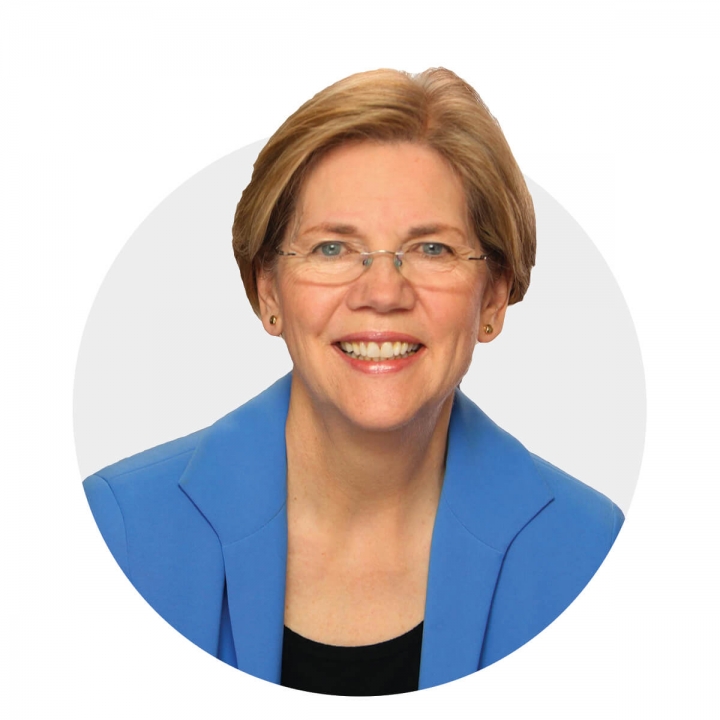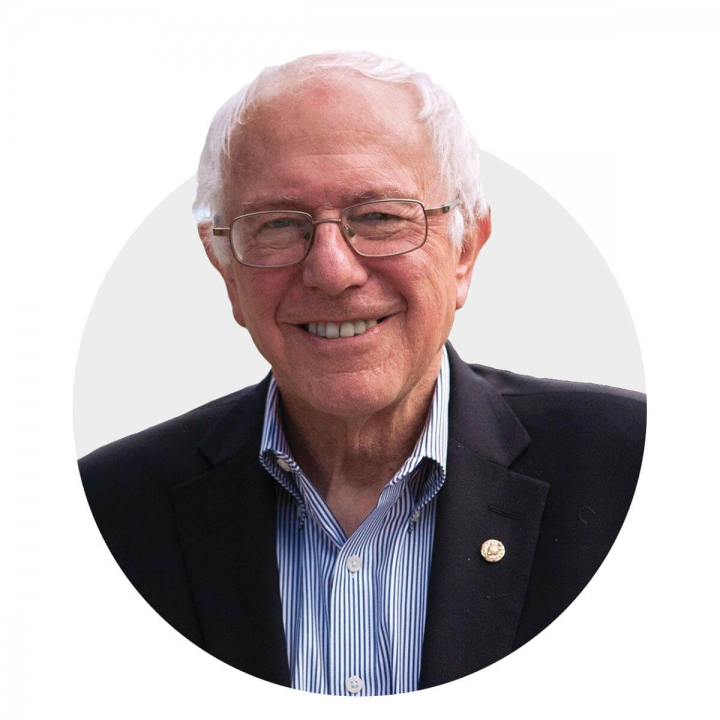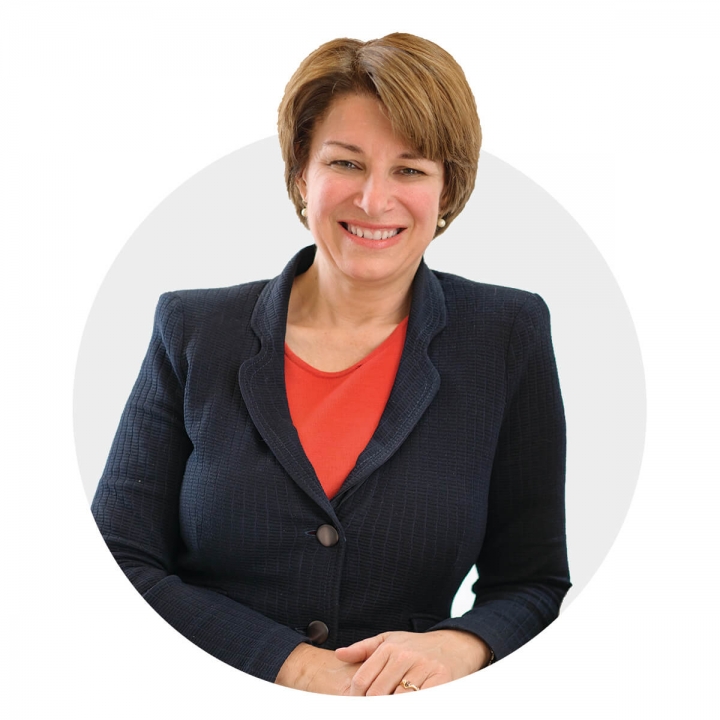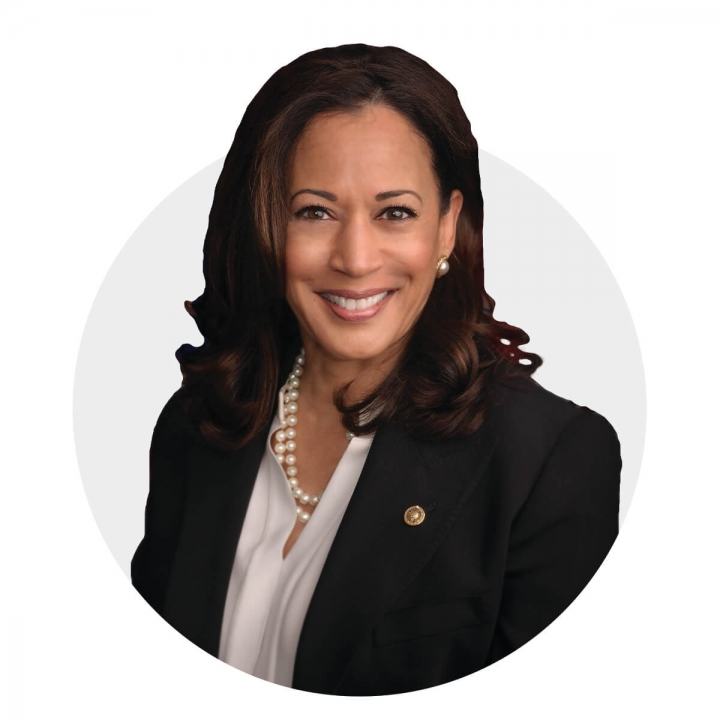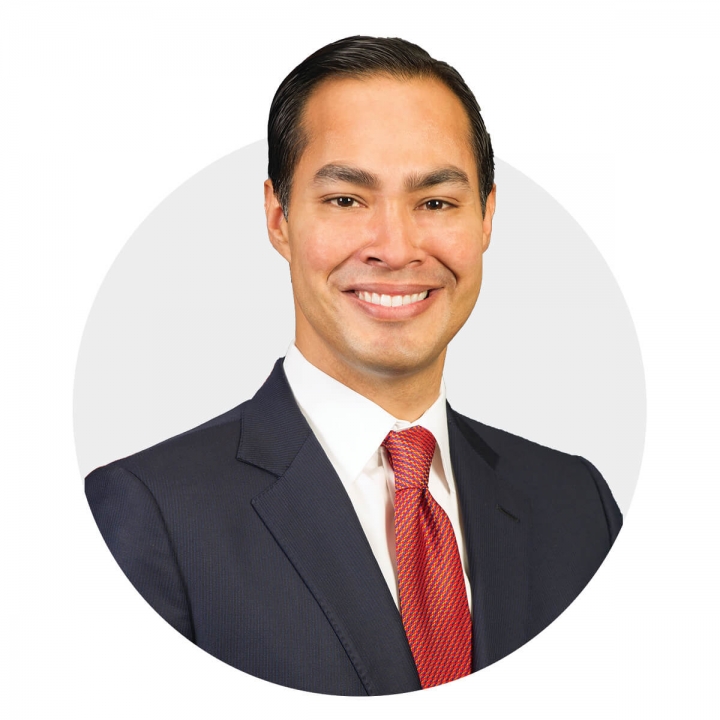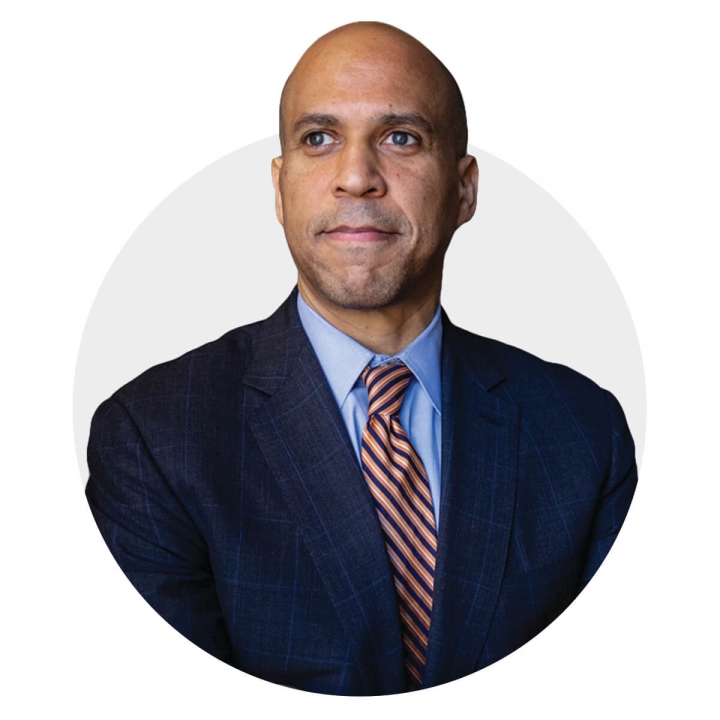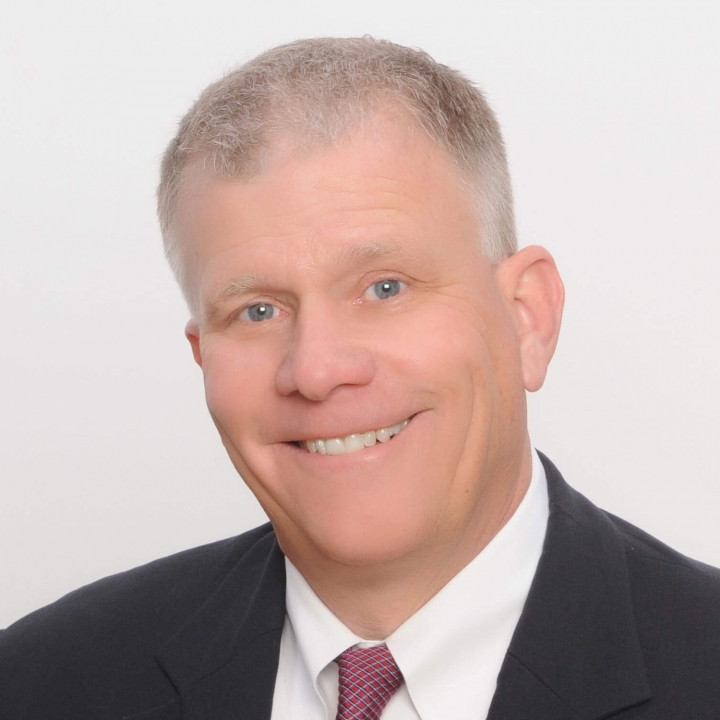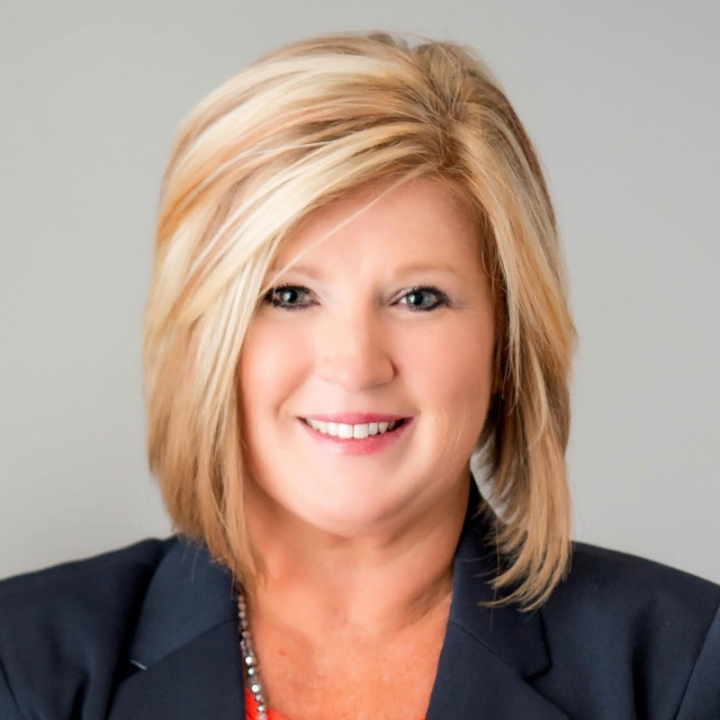Tulsi Gabbard on Substance Use Treatment Access
Gabbard voted to pass the Comprehensive Addiction and Recovery Act (CARA) of 2016, which requires the Department of Health & Human Services to provide grants to states for substance use treatment and expanded.
Gabbard supports Medicare for All.
When asked in by Ronald Haley, member of the 2020 Bipartisan Justice Center whether she would commit to freeing individuals who are incarcerated due to drug charges, Gabbard responded, “Yes… we have to completely change the way that we are viewing this challenge where people are being and have been incarcerated purely for drug use violations while many others are going scot free. Being incarcerated because they are victims of this failed war on drugs that’s been waged now for decades that really has not solved any of the problems that they said it would solve, but really has just proven to be so costly for the people who have been caught up in that net. Drug abuse, substance abuse, and addiction requires health care and health treatment. Often there are other issues that surround drug use and addiction – issues related to mental health or other things where people are self-medicating rather than actually being able to get the help that they need. This issue, like so many others, if we actually get to the root cause of the problems that’s causing this action or reaction to occur, and provide that service, provide that help, then we can prevent so much of the pain and the suffering that occurs as a result.”
“This is about recovery. This is about addiction. We need to address that reality and help resolve some of the root causes of why people are turning to different substances in the first place… Our failed war on drugs has turned everyday Americans who are struggling with substance abuse and addiction and turned them into criminals.”
While discussing opioids, Gabbard said, “We’ve got to look at treatment, and actually providing resources towards recovery and making it so that we are not treating addiction as a crime but rather as something that, we need to be able to provide people with help in putting their lives back together and walking that path forward.”
Read More
Rep. Tulsi Gabbard: Drug use and addiction requires healthcare, not incarceration
October 27, 2019 | MSNBC
CNN Presidential Town Hall with Rep. Tulsi Gabbard
March 10, 2019 | CNN
2020 Candidate Conversation: U.S. Rep. Tulsi Gabbard
March 21, 2019 | New Hampshire Public Radio
S524 – Comprehensive Addiction and Recovery Act of 2016
U.S. Congress website, July 22, 2019
How the Democratic presidential candidates would combat the opioid epidemic
Vox, September 10, 2019
Beto O’Rourke on Substance Use Treatment Access
O'Rourke is supportive of the use of tying reimbursement for health care services (on the provider side) to the use of clinical guidelines, thus tying accountability into treatment services delivered with people seeking care for substance use disorders. This means that addiction treatment programs would be held to the same standard as other health care agencies in being required to provide evidence-based care.
O'Rourke believes health care is a fundamental right, and recognizes that the federal government must play its part in offering healthcare to those who need it. Prioritizes enforcement of the federal parity law. Will work with Congress to enact Medicare for America as a means to ensure that every American can get the care they need, including mental health services or treatment for addiction. Medicare for America would fully cover mental health services and eliminate out of pocket costs for those with serious mental illnesses.
O'Rourke would allow individuals to complete a program through their treatment regimen and have their charges dismissed. This not only costs substantially less than prison, but leads to significantly greater health and behavioral outcomes.
O'Rourke states that he would use the authority of the Federal Trade Commission (FTC) and Center for Medicare / Medicaid Services (CMS) to shut down treatment centers that deceive or overbill patients, or use illegal lead generation practices.
O'Rourke says he believes in expanding access to buprenorphine and holding pharmaceutical executives accountable for knowingly and deliberately pushing for highly addictive opioid medications to be over-prescribed.
O'Rourke says that mental health and substance use disorders must be treated as a public health opportunity rather than a criminal justice concern, and that for far too many, mental health care and substance abuse treatment does not begin until after one interacts with the criminal justice system. He wants to shift the point of care by providing for pre-trial intervention for simple drug possession through community-based treatments that lead individuals toward rehabilitation.
O'Rourke also believes that regulation is needed to crack down on “product hopping,” which allows pharmaceutical companies to make minor changes to a drug (switching from a capsule formulation to a tablet) in order to generate a new period of exclusivity and then heavily promote it to convince physicians to switch to the more expensive drug without generic competition. He states that the would task the FTC with cracking down on this practice, in order to keep the price of medications like buprenorphine and methadone affordable for patients.
Beto wants to “Ensure access to treatment to enable long-term recovery, providing access to medication-based recovery and supporting at risk populations, including rural Americans, veterans, Native Americans, and incarcerated individuals.”
Beto “will enact Medicare for America, which will ensure universal, guaranteed, high-quality health care that includes mental health care. This will eliminate barriers to medication-assisted recovery, including coverage by insurance of FDA-approved maintenance medications, also referred to as medication-assisted recovery, including buprenorphine, methadone and Suboxone. He would also allow clinicians to prescribe buprenorphine without having to undergo an invasive process. Clinicians are currently required to undergo training, receive an additional license, and submit patient records to the DEA.”
“Improve the quality and reduce the cost of treatment by tackling abusive practices of the substance use disorder treatment industry. There is currently no entity within the federal government regulating facilities that oversee treatment for substance use disorder, and much of the U.S. substance use disorder treatment industry does not provide evidence-based, effective care consistent with long-term recovery. The Centers for Medicare and Medicaid Services (CMS) has over 4,000 quality measures, but there are zero for substance use and opioid use disorder programs.”
Read More
Beto O’Rourke on the Record about Mental Health and Addiction
Mental Health for US
Watch: Beto talks solutions to the opioid crisis at the Iowa Harm Reduction Coalition
October 24, 2019
Beto’s Plan to Address Substance Use Disorders and the Opioid Epidemic
Medium | October 24, 2019 | Beto O’Rourke
Andrew Yang On Substance Use Treatment Access
Yang would declare a state of emergency and seek to bring down both the overdose number and addiction levels by 20% within four years.
Yang promises to make treatment programs much more available and affordable to anyone found with small quantities of these drugs.
Yang would require patients who have overdosed to be sent to "mandatory treatment centers" for three days to convince them to seek long-term treatment.
Yang would increase FDA regulation of opioids.
Yang would provide grants for their own treatment programs to states that decriminalize small quantities of opioid use/possession.
Yang would quintuple federal funding, from 4.5 billion to 20 billion per year to address opioid addiction through treatment and rehabilitation programs.
Yang would impose a new tax on opiate manufacturers to fund treatment and rehabilitation, retroactive to 2005.
“Let’s be honest – the opiate addiction crisis exists in large part because our government thought it was okay for companies to make a lot of money prescribing addictive opiates to millions of people. This was a failure of government. And now the Federal Government must do all it can to address this crisis, including funding treatment for millions of Americans. There is a modern-day plague in America and we cannot rest until it is controlled and defeated. Americans are dying every day—7 every hour—destroying families and communities everywhere. I will declare a state of emergency and commit billions of dollars to the fight, much of it from the drug companies who generated and have profited from this plague. If you or someone in your family has an opiate problem, we will provide you the resources you need to help you recover. We owe you that.”
Read More
Decriminalize Opioids
Andrew Yang campaign website, 2019
Elizabeth Warren on Substance Use Treatment Access
Warren introduced the proposed CARE Act, which would commit $100 billion over 10 years to funding addiction treatment and harm reduction programs at the local, state, and federal levels. This would include $1.1 billion for public and nonprofit entities “on the front lines, including those working with underserved populations and workers at high risk for addiction, and to support expanded and innovative service delivery of treatment, recovery, and harm reduction services.”
Warren promises to expand the availability of buprenorphine.
“Resources would be used to support the whole continuum of care, from early intervention for those at risk for addiction, to harm reduction for those struggling with addiction, to long-term support services for those in recovery. Along with addiction treatment, the CARE Act would ensure access to mental health services and help provide critical wraparound services like housing support and medical transportation for those who need them.”
My comprehensive plan to end the opioid crisis
Medium, May 8, 2019 | Elizabeth Warren
“In talking to congressional staffers over the past few years, I’ve repeatedly heard that Republicans are very resistant to spending much more money on the opioid crisis — and at least some GOP support would be needed to pass a bill.”
How the Democratic presidential candidates would combat the opioid epidemic
Vox, September 10, 2019 | Geman Lopez
Read More
My comprehensive plan to end the opioid crisis
Medium, May 8, 2019 | Elizabeth Warren
How the Democratic presidential candidates would combat the opioid epidemic
Vox, September 10, 2019 | Geman Lopez
Elizabeth Warren proposes paying for an ambitious plan to spend $100 billion fighting the opioid crisis with her new tax on the ultra-rich
Business Insider, May 8, 2019 | Eliza Relman
Elizabeth Warren’s ambitious plan to fight the opioid epidemic, explained
Vox, February 19, 2019 | German Lopez
Bernie Sanders on Substance Use Treatment Access
Sanders voted yes on a 2000 U.S. Congress appropriations bill which would have increased funding for substance use treatment alternatives to incarceration.
Sanders sponsored the Community Health Centers and Primary Care Workforce Expansion Act of 2019, which would expand and improve community health centers in both rural and urban areas, in part, to address the needs of individuals impacted by drug use.
Sanders would guarantee access to free medical care in prisons and jails, including professional and evidence-based substance abuse and trauma-informed mental health treatment.
Sanders would provide people with addiction free inpatient and outpatient substance use and mental health services with no copayments or deductibles through a Medicare-for-all, single-payer program.
Sanders voted in support of the 2018 SUPPORT for Patients and Communities Act, which would create treatment and recovery programs and fund laboratories to detect imported synthetic drugs, such as fentanyl.
Sanders co-sponsored the Comprehensive Addiction and Recovery Act (CARA) of 2016.
Sanders co-sponsored the Comprehensive Addiction Resources Emergency (CARE) Act of 2019 which would commit $100 billion over 10 years to funding addiction treatment and harm reduction programs at the local, state, and federal levels.
Sanders would decriminalize possession of buprenorphine.
Solving the opioid epidemic is not a simple thing. We must make sure people have access to treatment, so they can get help where and when they need it. We must invest in what people need for a successful long-term recovery, like counseling and peer support, employment, and housing. And it means taking a hard look at the issues in our society that are causing so many people to turn to drugs in the first place, so that we can prevent others from becoming addicted.”
Read More
Justice and Safety for All
Bernie Sanders campaign website, 2019
Sanders, Welch Announce $4 Million in New Funds for Vermont to Combat the Opioid Epidemic
Bernie Sanders senate website, June 18, 2018
Amy Klobuchar on Substance Use Treatment Access
Klobuchar’s proposes $100 billion to combat drug and alcohol addiction and to improve mental health care. Klobuchar references her dad, who is in recovery from long-term alcohol
Klobuchar would increase funding for addiction and mental health programs, and would increase the number of beds in mental health and substance use treatment centers, especially in rural areas, and especially in areas hit hardest by the overdose crisis.
Klobuchar would expand Certified Community Behavioral Health Clinics and treatment facilities.
Klobuchar would more strictly enforce the requirement of the Affordable Care Act that insurers cover mental health care.
Klobuchar will “make a major investment” into research and development of pain management alternatives to opioids.
Klobuchar would permanently repeal Medicaid’s “IMD Exclusion,” which prohibits Medicaid reimbursements for those receiving mental health or substance use care in facilities with more than 16 beds.
Klobuchar plan to address substance use includes funding for mental health programs at schools, as well, training for healthcare providers to recognize early warning signs of addiction and other mental health conditions, and school and community drug early-intervention programs.
Klobuchar would support public and nonprofit entities dealing in substance use treatment.
Klobuchar would increase funding for early intervention and treatment programs for drugs including cocaine and methamphetamine.
Klobuchar would increase the numbers of job training programs, transitional housing programs, and other social services for individuals in recovery.
Klobuchar will work to improve the unused prescription disposal options. In 2010, Klobuchar led the passage of the first major expansion of federal drug take-back programs with the National Prescription Drug Take-Back Day campaign.
“I want other people to be pursued by grace. I want them to have the ability to get through this [addiction], and sometimes you can’t get through it the first time, and that includes people who are addicted to very difficult substances to get through – opioids, heroin now, that is out there more and more than we ever could have imagined, what we’re seeing with meth. Those are drugs that people are affected by in every community in this country.”
Klobuchar releases plan to treat substance abuse, mental illness
NBC News, May 3, 2019 | Ali Vitali and Kailani Koenig
“I think every American should have that right to be pursued by grace. That means enough beds in this country for people with mental health problems if they’re facing a crisis. That means doing something about our mounting suicide rate – for farmers, for veterans, for LGBTQ youth – and that means instead of just talking about this, actually putting the money into treatment. I have a proposal that’s paid for by yes, two cents per milligram fee on these opioid pharma companies that have made tons of money off the backs of people who got addicted, and you can use that money for not just opioids, you can also use it for these other drugs, as well as mental health. It means making sure on the road to recovery, you’ve got a job and you’ve got a place to live, and there are so many people in this country that are crying out for help.”
Klobuchar on new plan to address addiction, mental health
CNN, July 30, 2019 | Jake Tapper
“Well, the first thing I did would probably be our bigger bulk of cases was in drug court. We had very successful and have a very successful drug court, and that really is that second chance idea. That’s the idea that, yes, you could be facing jail time or prison time but its hung over your head, so you have a community, and you have treatment that helps you get through it, because we don’t like to see repeat customers in the criminal justice system. We like them to go out of the criminal justice system.”
Klobuchar releases plan to treat substance abuse, mental illness
NBC News, May 3, 2019 | Ali Vitali and Kailani Koenig
Read More
Amy Klobuchar Proposes $100 Billion for Addiction and Mental Health
The New York Times, May 3, 2019 | Maggie Astor
Amy’s Plan to Combat Addiction and Prioritize Mental Health
Medium, May 3, 2019 | Amy for America
Kamala Harris on Substance Use Treatment Access
Harris's Medicare for All plan guarantees treatment availability for all
In addition to her Medicare for All plan, which guarantees treatment availability for all, Harris is co-sponsor of the Comprehensive Addiction Resources Emergency (CARE) Act which would provide state and local governments with $100 billion in federal funding over the next ten years to support addiction treatment and harm reduction services.
“In 2017, the administration declared the opioid crisis a public health emergency, but the fund they used to deal with it had only — I kid you not — $57,000 in it. That represents less than one dollar for each person who died of a drug overdose that year. It’s unconscionable… We need to make sure that people who are addicted have access to medication-assisted-treatment (MAT) — drugs like buprenorphine which prevents withdrawal symptoms and cravings without producing the kind of high that heroin or OxyContin does. Many insurance companies will cover the cost of opioids while charging more than $200 a month for buprenorphine. That has to change. We have to change it.”
(The Truths We Hold, by Kamala Harris, pp. 206-207, Jan 8 2019)
The Opioid Crisis Requires Emergency Mobilization
The Truths We Hold pp. 206-207, January 8, 2019 | Kamala Harris
Read More
Kamala Harris Clarifies Her HIV Policy Positions
HIV+Magazine, September 9, 2019 | Jacob Anderson-Minshall
The Opioid Crisis Requires Emergency Mobilization
The Truths We Hold pp. 206-207, January 8, 2019 | Kamala Harris
How the Democratic presidential candidates would combat the opioid epidemic
Vox, October 24, 2019 | German Lopez
Julián Castro on Substance Use Treatment Access
Castro promises to address the opioid crisis and addiction as a public health issue. He also pledges to invest in new initiatives to prevent dangerous drug use and treat addiction.
In a conversation with IHRC, Castro said he would consider removing the “X” waiver requirements for buprenorphine and methadone prescribing.
“Washington needs to be a partner for states like New Hampshire who has had quite a problem with the opioid crisis. And if I’m president I’ll be a strong partner.”
Castro visits recovery center in Laconia after launching presidential campaign
WMUR-TV, January 16, 2019 | Adam Sexton
At a conversation at the Iowa Harm Reduction Coalition drop-in center in Cedar Rapids, IHRC Executive Director asked if Castro would support removing the “X” waiver for buprenorphine and methadone prescribing. Castro responded, “Well and I agree with you. I think underlying that question is that we can do this in a way where we maintain safety for patients and integrity in the system and accountability right for those who are prescribing. So yes, I believe that we can do that without the cumbersome process that we have in place right now that requires this waiver, because you make a point, there are other prescriptions that are written now that don’t require anything like that, so I would support moving in that direction.” Ziegenhorn followed up by asking pointedly, “Would you commit to getting rid of the X waiver?” As the room and the Secretary laughed, he replied, “I am open to that. Let me research it a little bit more. Today was the first day that I heard about that, yes. I have generally avoided in this campaign, committing on the spot to things I have not fully read about, but I will take a look at it.” Ziegenhorn laughed as well, commenting, “That’s very reasonable.”
“During the campaign I’ve articulated a vision for the future of our country where everyone counts, and where we don’t leave anybody out. We don’t otherize people, but instead, we ensure that everybody has the tools that they need in the years to come and the support they need to be able to live a healthy and prosperous life. And what I’ve seen as Mayor of San Antonio, as Secretary of Housing and Urban Development is that often times, we write people off, people who are in the throes of, you know, an addiction who may be using opioids or who are overdosing. Instead of being able to get the help that they need, too often times they’re ostracized or unable to find the resources that they need when they need it. And so, what I would like to see us do in the years to come, both immediately and then also as we transition to a healthcare system that is actually able to meet the needs of every single person in this country, I would like to see us invest more in those resources that get directly at the people who need them, without the stigma that is often associated with those services right now and for the federal government to be a strong partner with state and local efforts to do that instead of a hinderance.”
Julian Castro – IHRC 2020 Democratic Presidential Candidate Forum on the Overdose Crisis – Event 2
November 23, 2019
Read More
The First Chance Plan
Julian Castro campaign website, 2019
Julian Castro – IHRC 2020 Democratic Presidential Candidate Forum on the Overdose Crisis – Event 2
November 23, 2019
Julian Castro presidency would make sure patients who actually need opioids could get them
Blake Dodge, November 30, 2019
Newsweek
Julian Castro Open To Decriminalizing Drugs And Endorses Safe Consumption Sites
Kyle Jaeger, November 29, 2019 | Marijuana Moment
IHRC discusses drug policy with presidential candidates
Brian Tabick, November 23, 2019 | KCRG
Harris highlights contrasts with rivals Sanders, Warren
O. Kay Henderson, November 25, 2019 | Radio Iowa
Pete Buttigieg on Substance Use Treatment Access
Buttigieg’s plan would deregulate buprenorphine at the federal level, while increasing the number of clinicians able to prescribe medication-assisted treatment (MAT).
Buttigieg plans to standardize addiction treatment by defining the elements of care provided throughout the continuum of care using national guidelines.
Buttigieg will incentivize states to increase Medicaid reimbursement rates that clinicians receive for providing MAT.
Buttigieg promises to prioritize research to develop medication to treat other types of drug dependence disorders.
Buttigieg’s substance use proposal specifically provides $10 billion to local communities via an annual grant program. Healing and Belonging grants would fund policies and programs focused on prevention, care integration, and community. The plan specifically includes funding to expand the peer support workforce.
Buttigieg would require all insurers to cover all three types of MAT to treat opioid addiction.
Buttigieg pledges to end policies that require patients to wait days or weeks to receive access to MAT by getting rid of prior authorization.
Buttigieg plans to increase mobile clinics and access to longer-lasting forms of MAT for patients in rural or medically underserved areas
Buttigieg will invest $100 billion dollars through a 10-year grant program to assist communities most impacted by addiction.
“For years, politicians in Washington have claimed to prioritize mental health care while slashing funding for treatment and ignoring America’s growing addiction and mental health crisis. That neglect must end. Our plan breaks down the barriers around mental health and builds up a sense of belonging that will help millions of suffering Americans heal.”
Democrat Buttigieg wants to save million lives through plan fighting mental health, addiction
Reuters, August 23, 2019 | Tim Reid
Read More
Buttigieg Unveils Plan to Improve Mental Health Care and Fight Addiction
CBS News | August 23, 2019 | Jack Turman
I Spent a Decade Addicted to Opioids, Here’s why Pete Buttigieg’s Plan Gives Me HopeThe Hill
September 15, 2019 | Ryan Hampton
Cory Booker on Substance Use Treatment Access
Booker expects his health care plan to ensure access to treatment.
Booker is co-sponsor of the proposed CARE Act, which would commit $100 billion over 10 years to funding addiction treatment and harm reduction programs at the local, state, and federal levels.
Booker co-authored the SUPPORT for Patients and Communities Act, which enhances patient access to non-opioid treatment options and directs Medicaid to conduct a study on utilization management controls applied to medication-assisted treatment options in both fee-for-service and managed care Medicaid programs.
“We absolutely have to treat this issue as, at its core, a crisis of public health. The thinking behind the harsh sentencing laws of the 1980s and 90’s was sorely misguided, leading to a policy that was not only ineffective in reducing crime, but also disproportionately targeted at low-level, nonviolent drug offenders. These are the very individuals who would serve to benefit the most from a federal criminal justice policy that emphasizes treatment over punishment, providing resources to identify and treat incarcerated Americans suffering from drug addiction. By provisioning more resources for treatment, we can address the problem of recidivism – each year, around 600,000 Americans finish their prison sentences and re-enter their communities; but two out of every three are rearrested within three years of their release.”
Lessons from New Jersey: How U.S. Senator Cory Booker is Addressing Addiction
Center on Addiction, November 15, 2016 | Nkem Osian
Read More
How the Democratic presidential candidates would combat the opioid epidemic
Vox, September 10, 2019 | Geman Lopez
Lessons from New Jersey: How U.S. Senator Cory Booker is Addressing Addiction
Center on Addiction, November 15, 2016 | Nkem Osian


